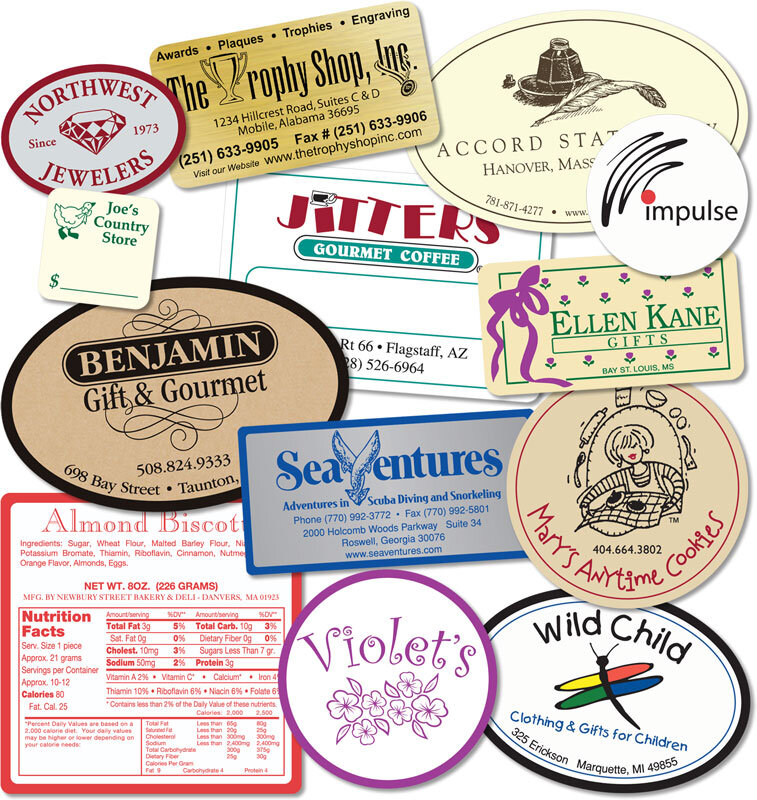Century Label provides a wide range of custom labeling services to clients who manufacture, distribute, and sell various types of products, from nutraceuticals to specialty foods. Some manufacturers face specific labeling and packaging requirements per federal regulations. When it comes to deciding on the right type of custom printed label for a product, many of our clients ask us what the difference is between a sticker and a label.
What are Stickers?
When you label something, you affix a printed piece of paper to it that remains in place with an adhesive. While this may sound a lot like a sticker, the difference lies in how each is used.
Stickers are generally intended for outdoor surfaces or products that come into contact with the elements. Stickers are great for advertising your brand on customers’ vehicle bumpers, camping trailers, coolers, outdoor equipment, and countless other items intended for outdoor use. Stickers generally have a finished layer over the printed graphic that allows water to bead and roll off without damaging the graphic and easy cleanup from mud, dirt, and other outdoor substances. Other types of stickers are colorful kids stickers featuring superheroes or gold stars placed on homework.
To advertise your brand, stickers are the best option. They allow your brand imagery to travel to unexpected places, piquing the interest of many potential new customers who will see your sticker and start researching your brand. This curiosity is natural and one of the best ways to drive brand awareness organically; your customers who use your stickers can essentially advertise your brand to others without saying a word.
RELATED ARTICLE: How to Use Your Label to Tell a Story
What are Labels?
Pressure sensitive labels are designed for indoor use and generally serve many other functions aside from marketing your brand and showing off your brand imagery. Labels should be attractive and enticing, but they generally focus more on product information than marketing. Your products’ labels should clearly convey all relevant and required product information to the consumer. Depending on what types of products you sell, this information could include manufacturing specifications, a list of ingredients, dietary warnings, instructions for use, expiration dates, or any combination of different types of information required by local, state, or federal laws.
Labels generally cannot withstand outdoor exposure. Most labels will start to tear and deteriorate when exposed to excessive precipitation or moisture, but they can withstand the typical moisture levels and oils many products come into contact with during shipping, storage, and placement on store shelves. The main purpose of labels is to make your products stand out on the shelf while providing consumers with all the information they need to make an informed decision about purchasing your products.
Contact Century Label today to learn more about the custom labeling services we offer.


